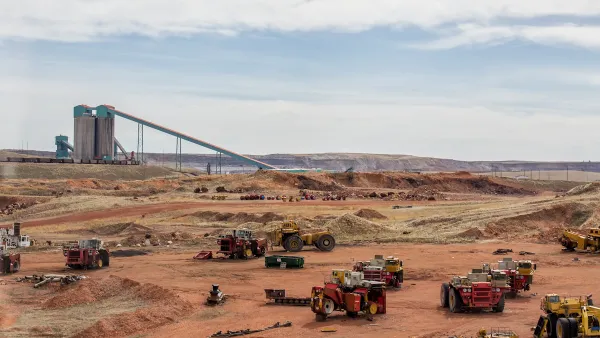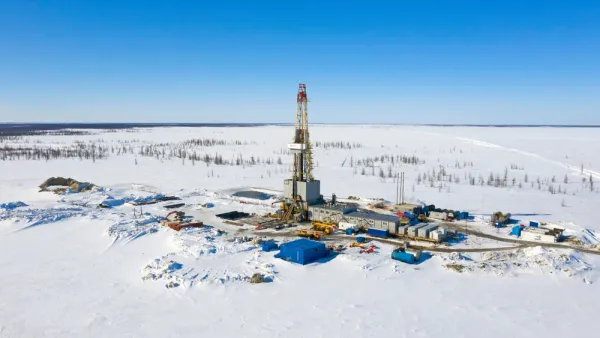Dueling pieces in Foreign Policy and the Christian Science Monitor come to completely different conclusions on the connection between the great Indian blackout of July 31 and the country's reliance on coal.
Coal is responsible for almost 70% of India's electricity production - that much is agreed upon. But is the problem that there is a shortage of coal to supply the power plants, or does India over-rely on coal?
Writing in Foreign Policy, Charles K. Ebinerger and Govinda Avasarala of Brookings Institition's Energy Security Initiative, see a 'crippling coal shortage'.
"As a result of the (coal) domestic production shortfall, India has had to rely on more expensive imported coal. However, because Indian states sell electricity at low, heavily regulated rates, electricity generators have been largely unable to pass on the higher cost of imported coal to consumers. The ultimate result is a crippling shortage of coal."
Rebecca Byerly, correspondent for the Christian Science Monitor, focuses on the environmental, health, and social devastation the coal industry has brought to the Jaintia Hills of northeast India in "India's big power blackout: Why coal hasn't been a savior".
"It looks like something out of an apocalyptic movie: mountains of tar-black coal, polluted orange rivers, and seemingly bottomless holes plunge more than a 100 feet beneath the earth's surface."
She points to a disadvantage of coal in meeting peak power surges.
"Coal operates at a steady output 24 hours a day - it's baseload," says Mr. Justin Guay, the Washington Representative of the Sierra Club International Climate Program. "But coal can't be ramped up quickly to accommodate quick peak surges in demand."
Yet coal reliance need not result in power outages, as NPR illustrates in its comparison of India to another huge, coal-reliant emerging economy.
In Power Outage Exposes India-China Contrasts, NPR's Julie McCarthy in New Delhi and Frank Langfitt in Shanghai explain "the different attitudes toward (energy) infrastructure" and why Indian-style energy outages are not tolerated in China.
Text and audio available.
Thanks to Sierra Club Hitched
FULL STORY: Emerging Power Crisis

Analysis: Cybertruck Fatality Rate Far Exceeds That of Ford Pinto
The Tesla Cybertruck was recalled seven times last year.

National Parks Layoffs Will Cause Communities to Lose Billions
Thousands of essential park workers were laid off this week, just before the busy spring break season.

Retro-silient?: America’s First “Eco-burb,” The Woodlands Turns 50
A master-planned community north of Houston offers lessons on green infrastructure and resilient design, but falls short of its founder’s lofty affordability and walkability goals.

Test News Post 1
This is a summary

Analysis: Cybertruck Fatality Rate Far Exceeds That of Ford Pinto
The Tesla Cybertruck was recalled seven times last year.

Test News Headline 46
Test for the image on the front page.
Urban Design for Planners 1: Software Tools
This six-course series explores essential urban design concepts using open source software and equips planners with the tools they need to participate fully in the urban design process.
Planning for Universal Design
Learn the tools for implementing Universal Design in planning regulations.
EMC Planning Group, Inc.
Planetizen
Planetizen
Mpact (formerly Rail~Volution)
Great Falls Development Authority, Inc.
HUDs Office of Policy Development and Research
NYU Wagner Graduate School of Public Service




























